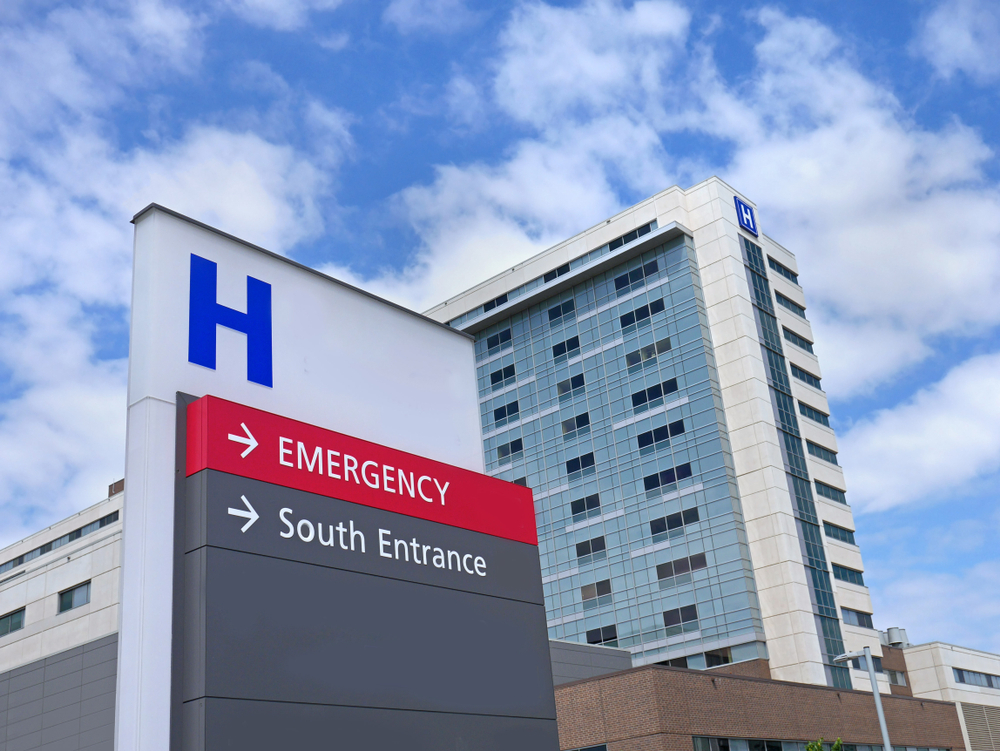The high cost of healthcare is one of the main causes of medical debt for patients in the United States. In fact, four in ten U.S. adults (41%) reported having debt due to healthcare bills in 2023. What’s more, almost 50% of U.S. adults said they could not pay an unexpected $500 medical bill without going into some level of debt.
Oregon House Bill 3320 was created to help alleviate the burden of medical debt on low-income patients. By ensuring that non-profit hospitals provide adequate financial assistance to qualifying patients, House Bill 3320 represents a significant step forward in healthcare legislation.
In this blog, we’ll explore key elements of HB 3320 and how it protects low-income patients against unnecessary medical debt. We hope this blog equips you with a better understanding of this important law so that you can make more informed decisions about your healthcare options in the future.
What is Oregon House Bill 3320?
House Bill 3320 passed in 2023 and took effect in 2024. The bill was enacted to address growing concerns about non-profit hospitals failing to provide financial assistance to qualifying patients — leaving low-income patients burdened with significant medical debt.
Under this new law, non-profit hospitals must screen patients facing out-of-pocket costs greater than $500 to see if they are eligible for financial assistance. Non-profit hospitals are also required to refund payments to patients who are found eligible after they have already paid as well as provide patients with an online system for financial assistance applications and appeal denials.
By requiring non-profit hospitals to clearly outline their financial assistance programs — and regulate their implementation — House Bill 3320 certifies that eligible patients are made aware of their rights and options when it comes to receiving and paying for healthcare.
What’s a non-profit hospital and what’s charity care?
Instead of operating for profit, non-profit hospitals operate for the benefit of the communities they serve. These hospitals are typically funded by donations, grants, and other non-commercial means. In Oregon, non-profit hospitals are required to offer programs for free or discounted medical care to qualifying low-income patients. This is known as “charity care.” Charity care is a critical component of non-profit hospitals’ mission to serve their communities by providing healthcare access to patients regardless of their ability to pay.
Why was House Bill 3320 created?
House Bill 3320 was created in response to growing concerns that some hospitals were not fulfilling their obligations to provide charity care, leaving many low-income patients with insurmountable medical bills. Reports and investigations revealed instances where patients who should have qualified for financial assistance were instead being saddled with debt, often without being informed of their eligibility for charity care.
The primary purpose of House Bill 3320 is to hold hospitals accountable for their commitments to providing financial assistance to those in need. By requiring hospitals to be more transparent and proactive in offering charity care, the bill aims to protect low-income patients from the stress and financial hardship associated with unpaid medical bills. This legislation seeks to create a more equitable healthcare system where more patients have access to the care they need without the fear of crippling debt.
What does HB 3320 mean for me?
For low-income patients, House Bill 3320 represents an important safeguard against unexpected and unmanageable medical expenses. If you are struggling to pay your medical bills, it is crucial to understand your rights under this new law. You may be eligible for financial assistance that can significantly reduce or even eliminate your medical debt.
To take advantage of the protections and benefits offered by House Bill 3320, reach out to your hospital or healthcare provider’s billing office. Ask about their charity care policies to determine your eligibility. Even if you already paid a medical bill, you may be eligible for a refund if it’s determined you should’ve been eligible for financial assistance at the time of care.
I have an outstanding bill — now what?
By holding hospitals accountable and enhancing transparency, House Bill 3320 seeks to protect patients from the burden of overwhelming medical debt. If you have an outstanding bill, don’t hesitate to contact your hospital or healthcare provider’s billing office to see if you qualify for financial assistance. Being informed about your rights and options is the first step towards managing your healthcare expenses more effectively.






